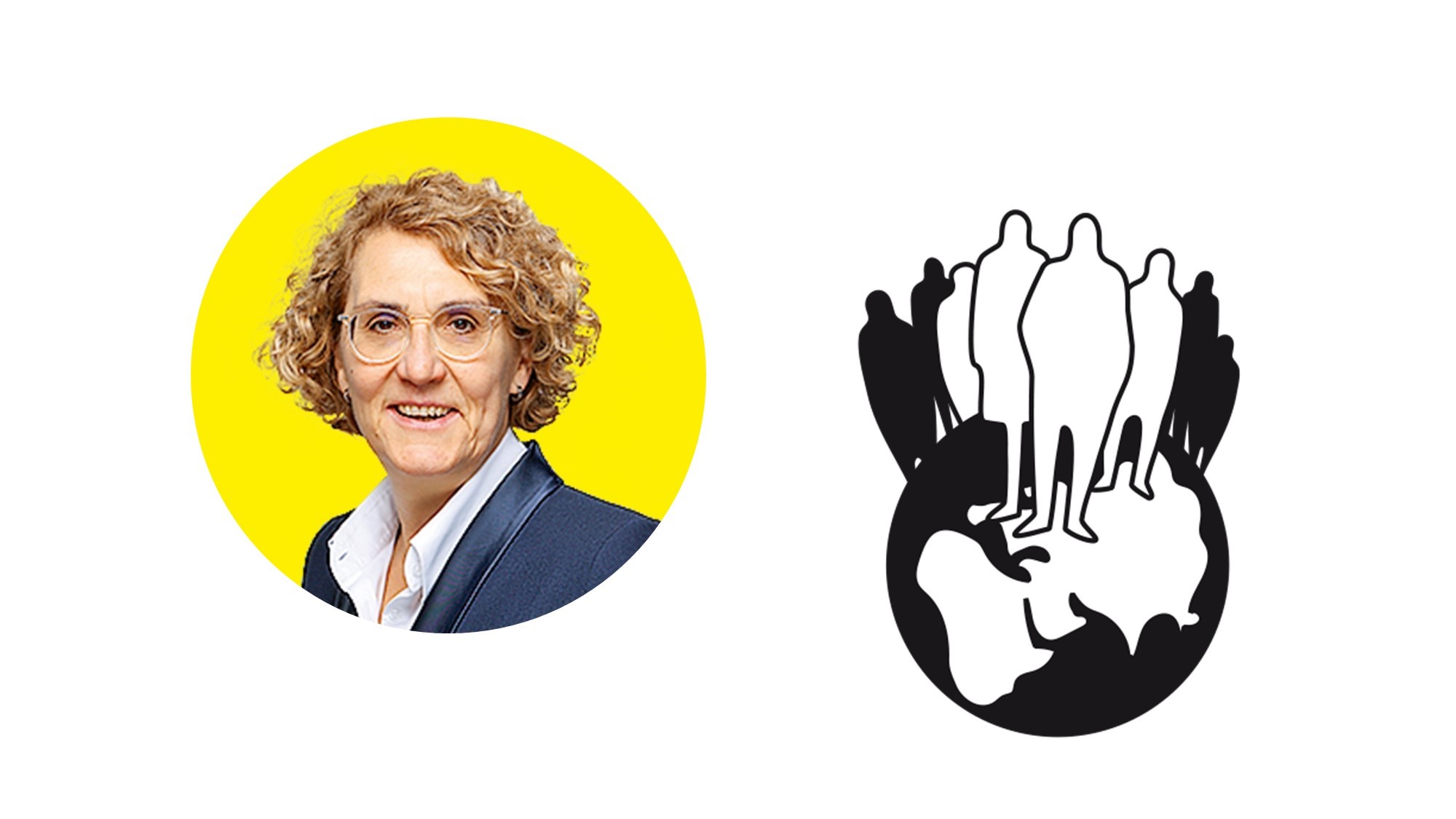

Over nine billion people will be living on Earth by 2040, according to United Nations forecasts. For comparison purposes, the figure in 2020 was less than eight billion. This upward trend represents an opportunity for HEIDELBERG. “A growing global population means increased consumption and therefore higher demand for packaged goods. Besides food and pharmaceutical products, this also includes consumer goods such as clothing and household appliances,” says Kerstin Haase, who is in charge of portfolio management for packaging operations at HEIDELBERG. Paper and cardboard packaging are on trend. They are deemed more sustainable than their plastic equivalents. HEIDELBERG is therefore pressing ahead with development projects and partnerships in this segment. “One of our goals is to develop a cost-effective way of integrating barrier coatings for fiber-based packaging into the flexographic printing process with the Boardmaster press,” reveals Haase.
Kerstin Haase
Portfolio Manager Packaging at HEIDELBERG
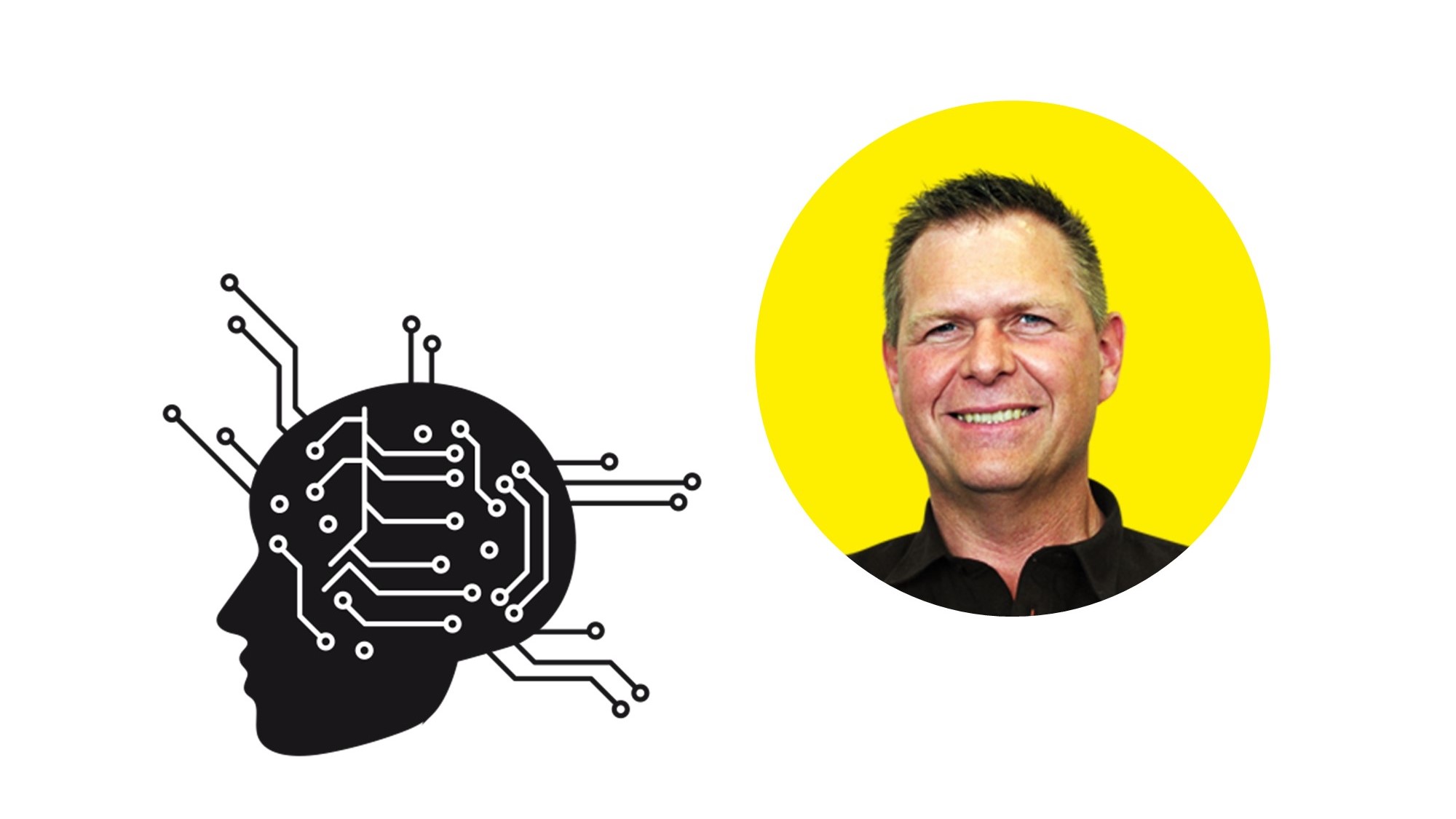
Since the launch of ChatGPT, artificial intelligence (AI) has become part of mainstream society – if it wasn’t before. HEIDELBERG, too, is working on generative AI applications. “The pressures resulting from high wage costs, the skills shortage, growing performance requirements, and increasing sustainability regulations will lead to AI being used throughout the entire production chain – from ordering all the way through to delivery of the finished print products,” says Manfred Miessl, Team Head of Data-Driven Applications and AI. Making use of generative AI can ease the strain on staff and ensure high quality. Smart “AI programming partners” are already being used in software development. They relieve developers of routine tasks by providing these specialists with context-specific suggestions and code completion support. Other areas of application range from analyzing and interpreting large volumes of data to generating documentation automatically.
Manfred Miessl
Team Head of Data-Driven Applications and AI at HEIDELBERG

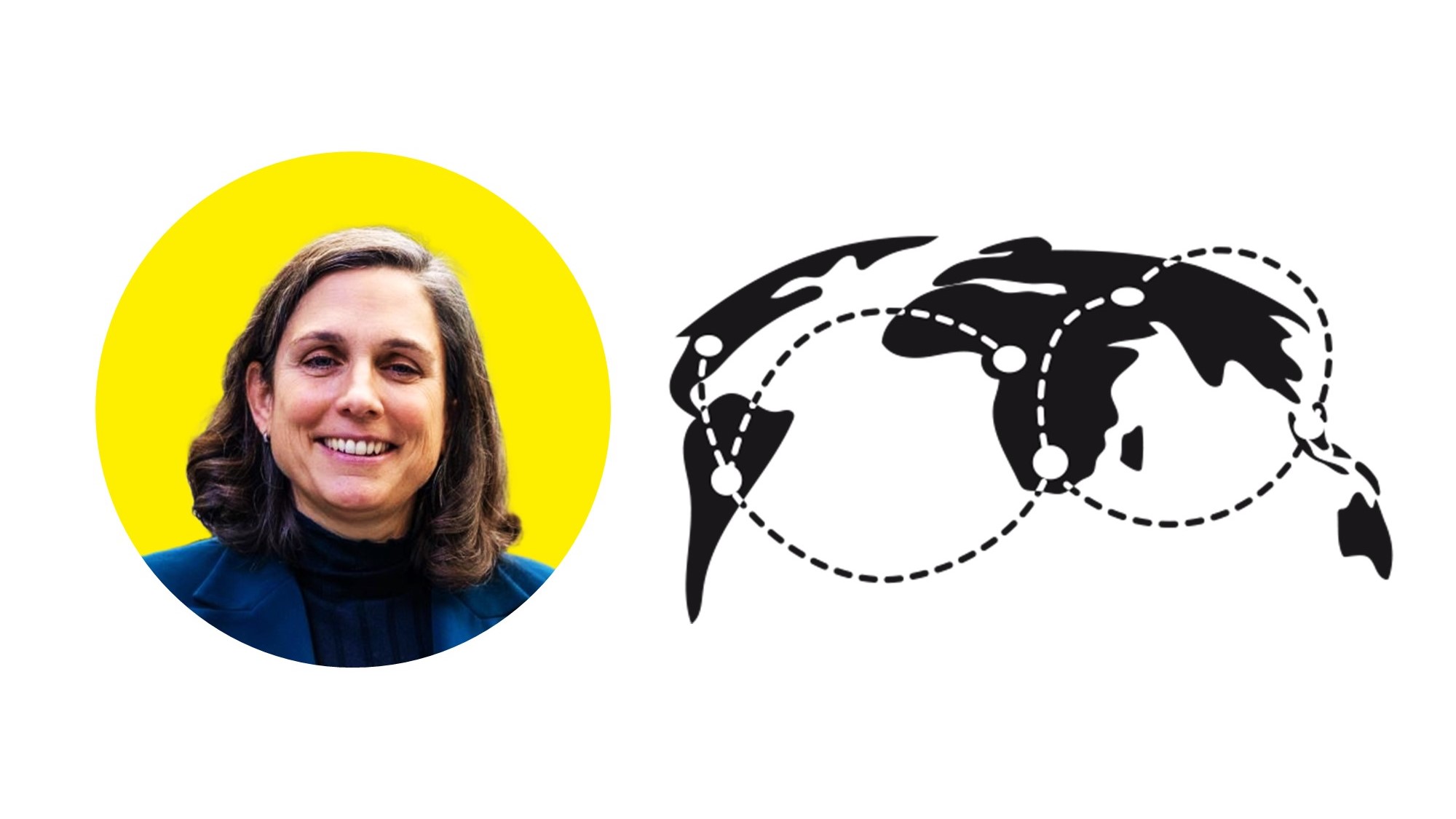

From the COVID-19 pandemic and the war in Ukraine to attacks on shipping, global supply chains have recently been under all kinds of pressure, including at HEIDELBERG. “This has mainly affected raw materials, electronic components, and vendor parts,” explains Franziska Liebel, Head of Purchasing, Heidelberg Group. The company has, she says, responded flexibly – by redesigning electronic assemblies, for instance. “We were ultimately able to avoid production stoppages and delivery delays, partly due to the high level of vertical integration in our production operations,” she adds. Given that experts are expecting geopolitical tensions to rise, this capability could prove advantageous in the future. “Thanks to its global supplier, production, and distribution network, HEIDELBERG is well placed to tackle geopolitical problems,” Liebel continues. At the same time, she reveals, the company is pursuing a local-for-local strategy to safeguard supply chains.
Franziska Liebel
Head of Purchasing, Heidelberg Group
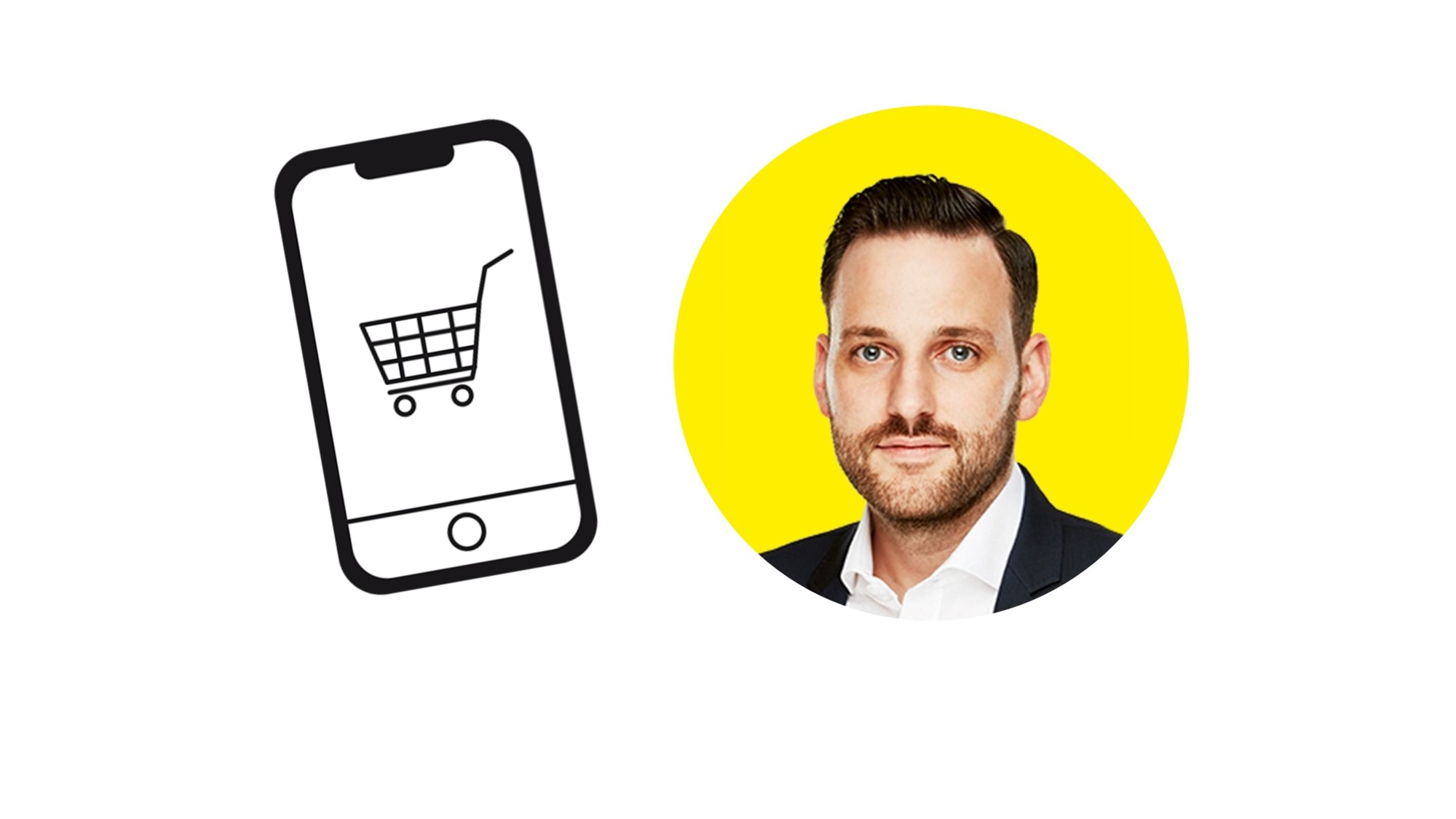
Sales of just under six trillion euros are forecast for global online trade in 2029. That is over 50 percent higher than the current figure. HEIDELBERG is supporting this development in not one, but two ways. Firstly, growing demand for printed packaging and labels is increasing the global demand for high performance, highly efficient printing solutions for these products. HEIDELBERG has all the key technologies in its portfolio. It also offers customers maximum flexibility and reliability thanks to Prinect networking. Secondly, the company’s eShop has started generating business in its own right, especially in terms of service solutions and consumables. Over 170,000 products are available online, and over 75,000 orders are processed every year. “Our consumables business complements the portfolio we offer as a solutions provider. It also generates stable sales, because the ongoing advice we offer our customers means we, too, benefit from the resulting print volume,” explains Jochen Bender, Head of Sales Excellence and Head of Region EMEA.
Jochen Bender
Head of Sales Excellence and Head of Region EMEA at HEIDELBERG

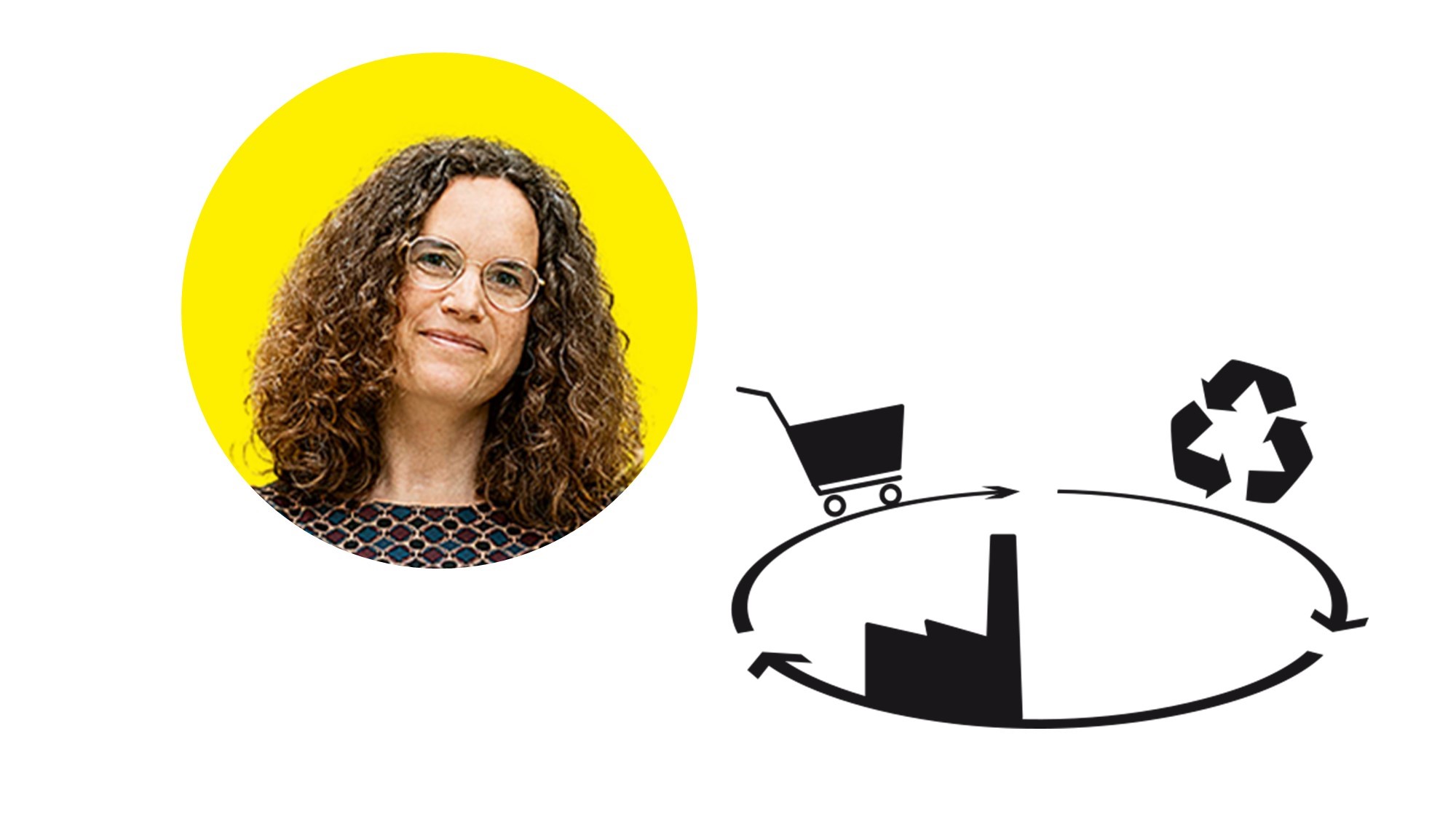

The circular economy is a megatrend. Its aim is to use resources more efficiently, minimize waste, and reduce environmental impact. This is where HEIDELBERG comes in. As a solution provider, the company is also an enabler for the recyclability of printed packaging – and for a functional circular economy. In the future, fiber-based packaging solutions will increasingly replace their plastic equivalents. A growing number of countries are even putting legislative pressure on the packaging industry. “This means we need to develop solutions based on the ‘design for recycling’ principle, use recyclable and sustainable materials, and design resource-friendly production processes says Dr. Eva Boll, Head of Corporate Sustainability at HEIDELBERG. Requirements relating to the sustainability of consumables are growing, too. HEIDELBERG is well placed in this respect – with its Saphira Eco range of prepress, press, and postpress consumables, for instance.
Dr. Eva Boll
Head of Corporate Sustainability at HEIDELBERG
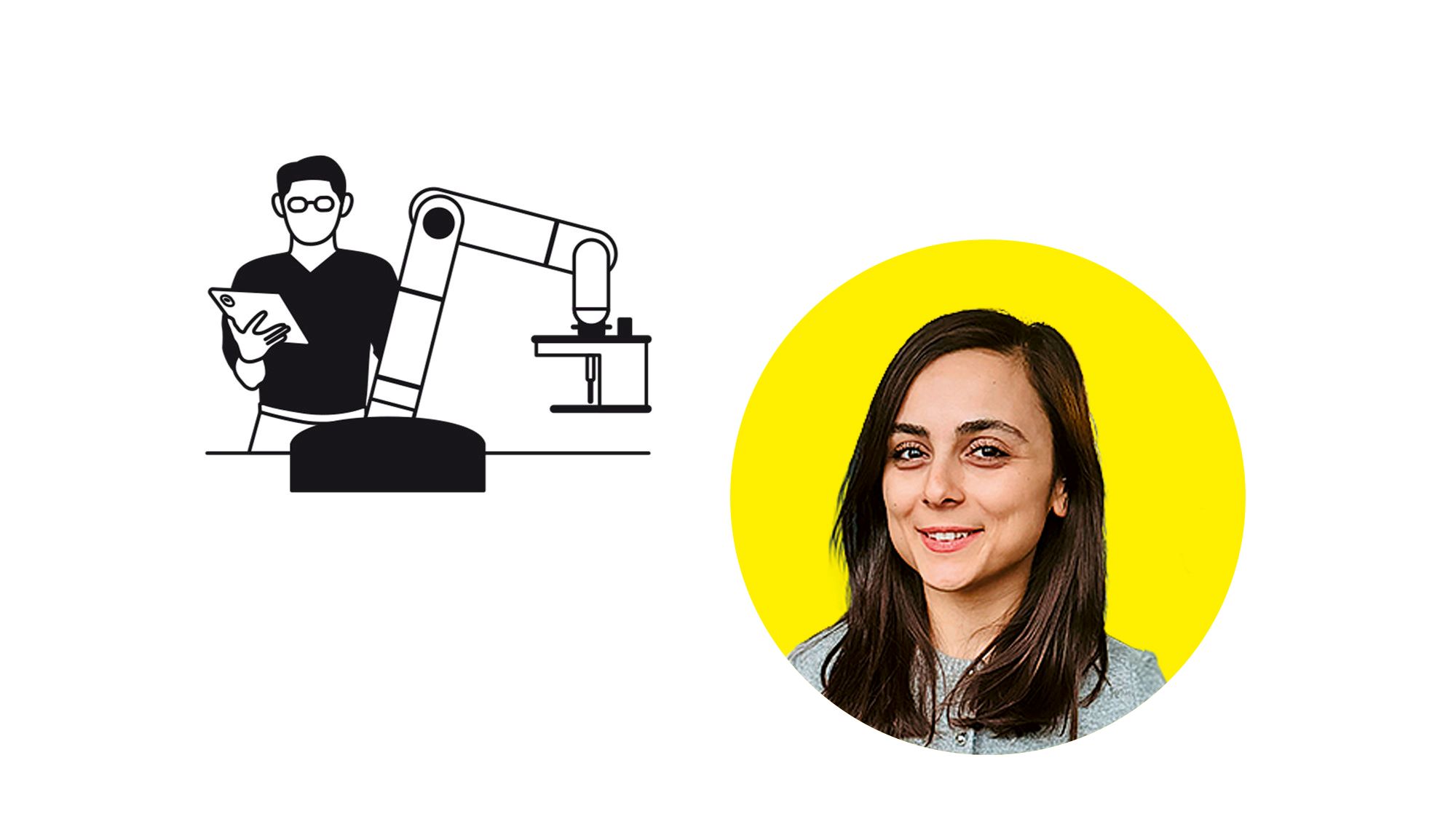
From state-of-the-art, highly automated processes with intuitive operations such as the Speedmaster XL series, to robotics systems for postpress operations and the Prinect software platform - HEIDELBERG is helping its customers run successful printing businesses, despite the shortage of skilled labor. Demographic change is also offering the company itself the opportunity to develop new strategies for recruiting new skilled staff. “Particularly in specialized areas such as IT, finance, and engineering, we need targeted and creative measures to find appropriate, qualified team members,” says Candan ÖzaltinGül, HR Project Manager at HEIDELBERG. She goes on to explain that the company is aiming to use employer branding and active targeting to find suitable applicants and, at the same time, invest in the development of its existing workforce. “Most importantly of all, though, an open, appreciative corporate culture increases the company’s appeal. It makes a difference if staff feel at home here regardless of their background, gender, or age,” emphasizes Özaltin-Gül.
Candan Özaltin-Gül
HR Project Manager at HEIDELBERG
